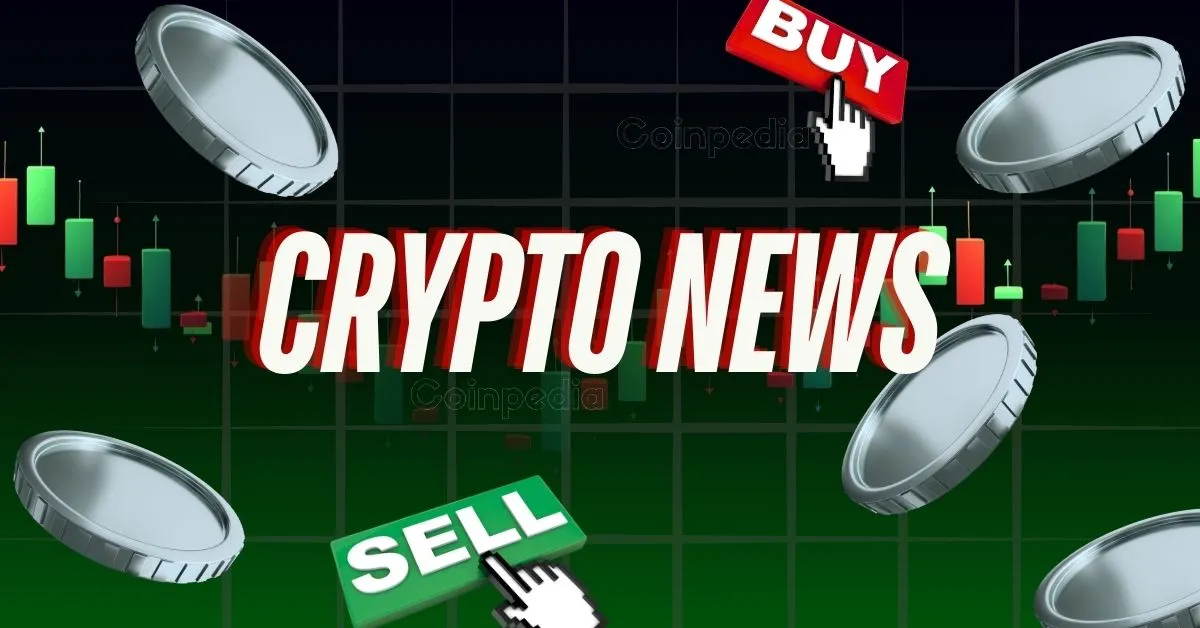
Ripple has officially filed an appeal in its ongoing legal battle with the U.S. Securities and Exchange Commission (SEC), bringing the case to a critical turning point. Attorney Jeremy Hogan, a leading expert on the case, has outlined Ripple’s four key arguments that could potentially turn the tide in their favor.
The appeal comes after the SEC contested Judge Analisa Torres’ August ruling, which found that Ripple’s XRP sales on retail exchanges did not violate federal securities laws.
But will Ripple’s strategy succeed, or will the SEC’s regulatory grip tighten? Let’s explore.
The SEC continues to insist that Ripple’s XRP sales, as well as distributions to employees and executives, should be classified as securities transactions. Ripple is pushing back, challenging the SEC’s broad definition of what counts as an “investment contract.”
The case is becoming a clash between regulatory control and technological innovation, with major implications for the industry. If Ripple succeeds, it could signal a shift away from what some view as the SEC’s overly aggressive enforcement.
A major part of Ripple’s appeal questions whether an “investment contract” must involve an actual contract between parties. If this argument holds, it could undermine the SEC’s approach to enforcing securities laws on crypto assets. Hogan believes this stance aims to protect the broader crypto space, although Ripple still faces a $105 million judgment from the court.
Ripple is also challenging whether XRP should be classified as an “investment contract” at all, questioning the application of the Howey test—a standard used to determine if an asset is a security. Additionally, Ripple is reviving its “Fair Notice” defense, claiming the company was not given sufficient warning that its XRP sales could violate securities laws. The appeal also disputes the court’s vague order to “follow the law,” arguing that the instruction is too unclear to comply with effectively.
When asked about Ripple’s odds in the appeal, Hogan estimated an 80% chance that the outcome would improve the company’s standing. However, he noted that in complicated legal cases, results are not always black-and-white; “winning” and “losing” can involve many subtleties.
Ripple’s recent filings may indicate changes in its legal strategy. While this could be a calculated move, prolonged litigation can drain resources and divert attention from the company’s main business. As the lawsuit continues, the market may see ongoing volatility, potentially affecting investor confidence in XRP.
As Ripple gears up for this legal showdown, the stakes aren’t just high for the company—they’re sky-high for the entire crypto industry. What do you think will happen next?
The cryptocurrency market is experiencing significant turbulence. Bitcoin declined 3% to $115,149 and Ethereum dropped…
The crypto market faced a major setback as over $500 million in positions were liquidated,…
As crypto markets faced a sharp correction this week, ETH dropped nearly 7% this week,…
The crypto turf in August 2025 seems poised for significant movements. SUI, Chainlink, and Stellar…
Shiba Inu (SHIB) whales appear to be making a quiet exit. While the token has…
Bitcoin predictions are heating up, with early adopter Jeremie Davinci adding fuel to the fire. …